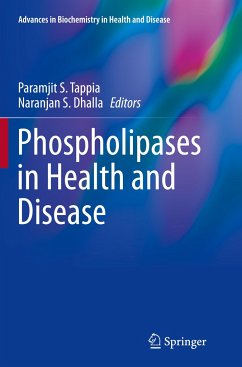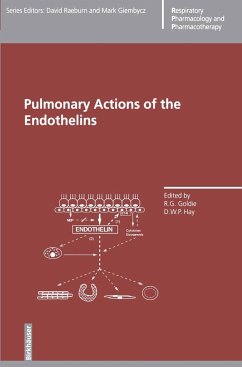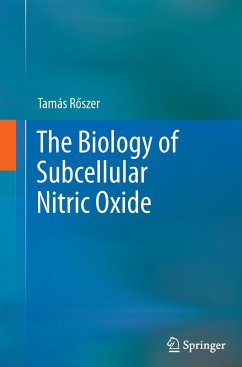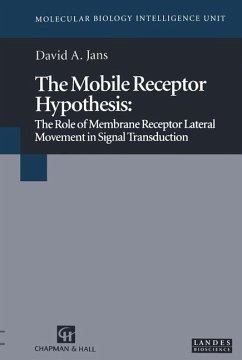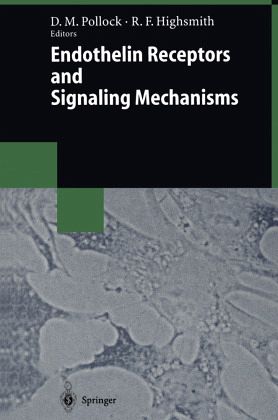
Endothelin Receptors and Signaling Mechanisms

PAYBACK Punkte
38 °P sammeln!
to the Endothelin System David M. Pollock ascular endothelial cells form a monolayer lining in all of the blood vessels of V the circulation. Initially, they were thought to function as a crude filter allow ing nutrients from the blood stream to diffuse through to the underlying tissues without letting proteins or blood cells escape. We now know that endothelial cells are important regulators of circulatory function, due in large measure to their rec ognized ability to synthesize and release many factors that regulate vascular smooth muscle tone. Endothelial-derived factors, including relaxing...
to the Endothelin System David M. Pollock ascular endothelial cells form a monolayer lining in all of the blood vessels of V the circulation. Initially, they were thought to function as a crude filter allow ing nutrients from the blood stream to diffuse through to the underlying tissues without letting proteins or blood cells escape. We now know that endothelial cells are important regulators of circulatory function, due in large measure to their rec ognized ability to synthesize and release many factors that regulate vascular smooth muscle tone. Endothelial-derived factors, including relaxing and contracting sub stances such as prostacyclin, nitric oxide (NO), and endothelin (ET), have been identified as important contributors in the regulation of vascular tone. Endothe lial cells have a highly active metabolic function and are involved in clearing a number of agents from circulating blood. In addition, they have the enzyme that inactivates bradykinin and converts angiotensin I into the very potent pressor agent, angiotensin II (Ang II). Endothelial cells also generate various proteins like von Willebrand's factor, tissue plasminogen activator, growth promoting factors and lipids such as platelet activating factor. It is now clear that in addition to the regu lation of vascular tone and hemodynamics, endothelial cells playa critical role in regulating growth and proliferative processes, inflammation and hemostasis.





